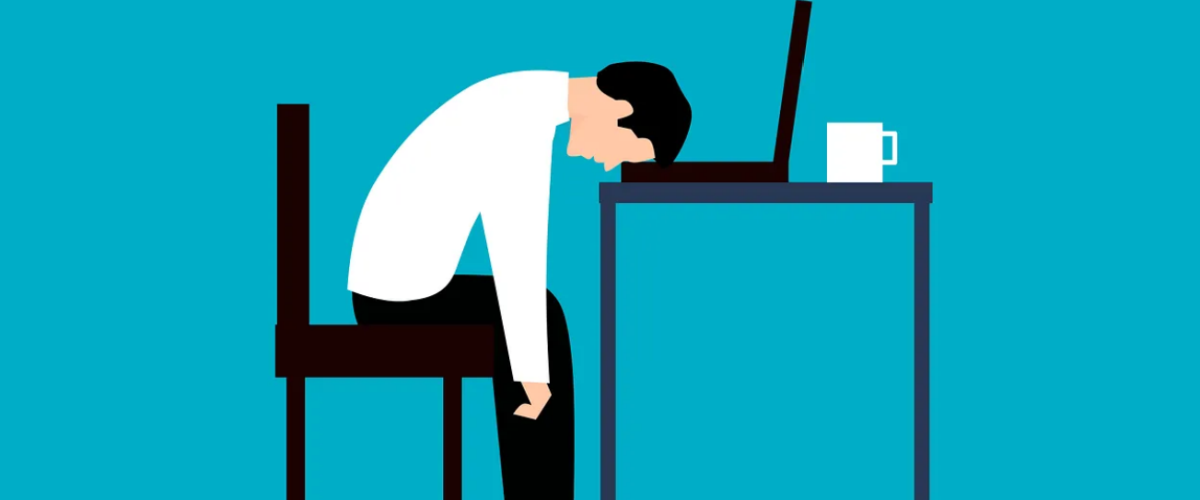In today's fast-paced and stress-filled world, getting a good night's sleep can often seem like an elusive dream. Unresolved stress and anxiety can keep us tossing and turning, leaving us feeling tired and groggy the next day. Thankfully, there are supplements available that can help reduce stress and promote better sleep.
In today's fast-paced, demanding world, stress and anxiety have become common features of our lives. One area that is significantly affected by these emotional states is our sleep. Many of us have experienced nights of tossing and turning, unable to get a good night's rest due to stress and anxiety.
Stress and anxiety trigger a range of physical and psychological reactions that disrupt our sleep patterns. When we are stressed, our bodies release cortisol, a hormone that prepares us for the "fight or flight" response. Increased cortisol can make it difficult to fall asleep and stay asleep throughout the night. Additionally, anxiety often leads to confusion and hyperactive thinking, making it difficult to relax and fall into a restful sleep.
Sleep quality can also be affected when stress and anxiety are present. Research shows that people with higher levels of stress and anxiety tend to have more fragmented and less restorative sleep. This means that even if they manage to fall asleep, their sleep is often interrupted, resulting in feeling tired and groggy the next day.
Additionally, stress and anxiety can exacerbate existing sleep disorders. These emotional states may exacerbate symptoms such as insomnia, sleep apnea, and restless legs syndrome. For example, someone with an anxiety disorder may experience increased muscle tension, making it difficult to find a comfortable position and leading to the onset of restless legs syndrome symptoms. Sleep apnea, which is characterized by pauses in breathing during sleep, can also be exacerbated by stress, causing longer and more frequent interruptions in breathing.
The impact of stress and anxiety on sleep goes beyond just a restless night. Prolonged sleep deprivation can have profound effects on our physical and mental health. Lack of sleep has been linked to an increased risk of conditions such as obesity, diabetes, heart disease, and even some types of cancer. It can also lead to poor cognitive function, impaired memory and a weakened immune system, making us more susceptible to illness.

In our fast-paced modern life, experiencing stress and struggling with sleep problems has become commonplace. Balancing work, relationships, and various responsibilities can take a toll on our physical and mental health.
Among other things, stress is a natural and necessary response to challenging situations, but when it becomes chronic, it can have detrimental effects on our physical and mental health. Chronic stress can lead to fatigue, anxiety, weakened immune function, and even more serious illness. While lifestyle changes and stress management techniques are vital, sometimes additional support is needed.
Although there is no way to directly eliminate stress in your life, there are some nutrients or supplements that can help you relieve stress. These nutrients and supplements can help relieve stress by keeping you calm and relaxed, enhance your mood and focus, or boost the production of happy hormones. Not only do they help you relax and calm, of course, but they can also promote healthy sleep, which in turn supports overall physical and mental health.
1. Magnesium
Magnesium is an important mineral. Plays a vital role in many body functions, including sleep regulation and stress management. This mineral is a natural relaxant, helping muscles relax and soothe the nervous system. Its calming effects can help people achieve a calm state of mind before bed, reduce anxiety and promote better sleep quality.
Research shows that magnesium supplementation can help relieve symptoms of stress, anxiety, and insomnia. By taking magnesium supplements, you can enhance relaxation and promote better sleep. Dietary sources of magnesium include green leafy vegetables, nuts, seeds and whole grains. However, to ensure optimal levels of this important mineral, supplementation may be necessary.
It’s worth mentioning that magnesium taurine is a combination of the essential minerals magnesium and taurine. Magnesium taurine may help reduce stress and promote relaxation, as both magnesium and taurine have sedative properties. It may help combat anxiety, improve sleep quality, and relieve symptoms of depression.
2. Salidroside
Salidroside is a natural compound found in the adaptogenic herb Rhodiola rosea and is recognized for its stress-reducing properties. This powerful adaptogen has long been used in traditional medicine to increase resistance to physical and mental stressors. Research shows that salidroside helps regulate cortisol levels (a stress-related hormone), thereby promoting feelings of calmness and well-being. By incorporating salidroside into your daily routine, you may experience improved focus, reduced fatigue, and enhanced cognitive function.
3. B vitamins
B vitamins, collectively known as "stress-relieving vitamins," are essential for maintaining a healthy nervous system. They play an important role in converting food into energy, producing neurotransmitters, and regulating mood. B vitamins, especially B6, B9 (folate), and B12, have been linked to stress reduction and anxiety relief. These vitamins support the production of serotonin, a neurotransmitter responsible for promoting feelings of happiness and well-being. By ensuring adequate levels of B vitamins, we can enhance our body's ability to cope with stress and maintain a more balanced mental state.
4. L-Theanine
L-theanine, commonly found in green tea, is an amino acid with significant stress-reducing properties. It increases the production of dopamine and serotonin, neurotransmitters that help regulate mood and induce relaxation. L-Theanine also affects alpha brain waves, which are associated with a calm and focused mental state. By promoting relaxation without the need for sedation, L-theanine can improve sleep quality while reducing daytime stress and anxiety.
5. Melatonin
Melatonin is a hormone naturally produced by the body that is essential for regulating the sleep-wake cycle. Supplementing with melatonin can promote relaxation and is especially beneficial for people who suffer from insomnia or jet lag.
Multiple studies have shown that melatonin supplementation can improve sleep quality, reduce the time it takes to fall asleep, and alleviate sleep disorders. However, individuals should consult a healthcare professional for guidance on correct dosage and duration of use.
Q:How does magnesium help with stress reduction and sleep?
A:Magnesium is a mineral that plays a role in regulating neurotransmitters involved in stress and sleep. It can help relax the muscles and reduce anxiety, making it easier to unwind and fall asleep.
Q:Are there any potential side effects of taking magnesium supplements?
A: When taken within the recommended dosage, magnesium supplements are generally safe. However, higher doses may cause gastrointestinal issues such as diarrhea. It is advised to follow the recommended dosage and consult a healthcare professional if necessary.
Disclaimer: This article is for general information only and should not be construed as any medical advice. Some of the blog post information comes from the Internet and is not professional. This website is only responsible for sorting, formatting and editing articles. The purpose of conveying more information does not mean that you agree with its views or confirm the authenticity of its content. Always consult a health care professional before using any supplements or making changes to your health care regimen.
Post time: Nov-06-2023






